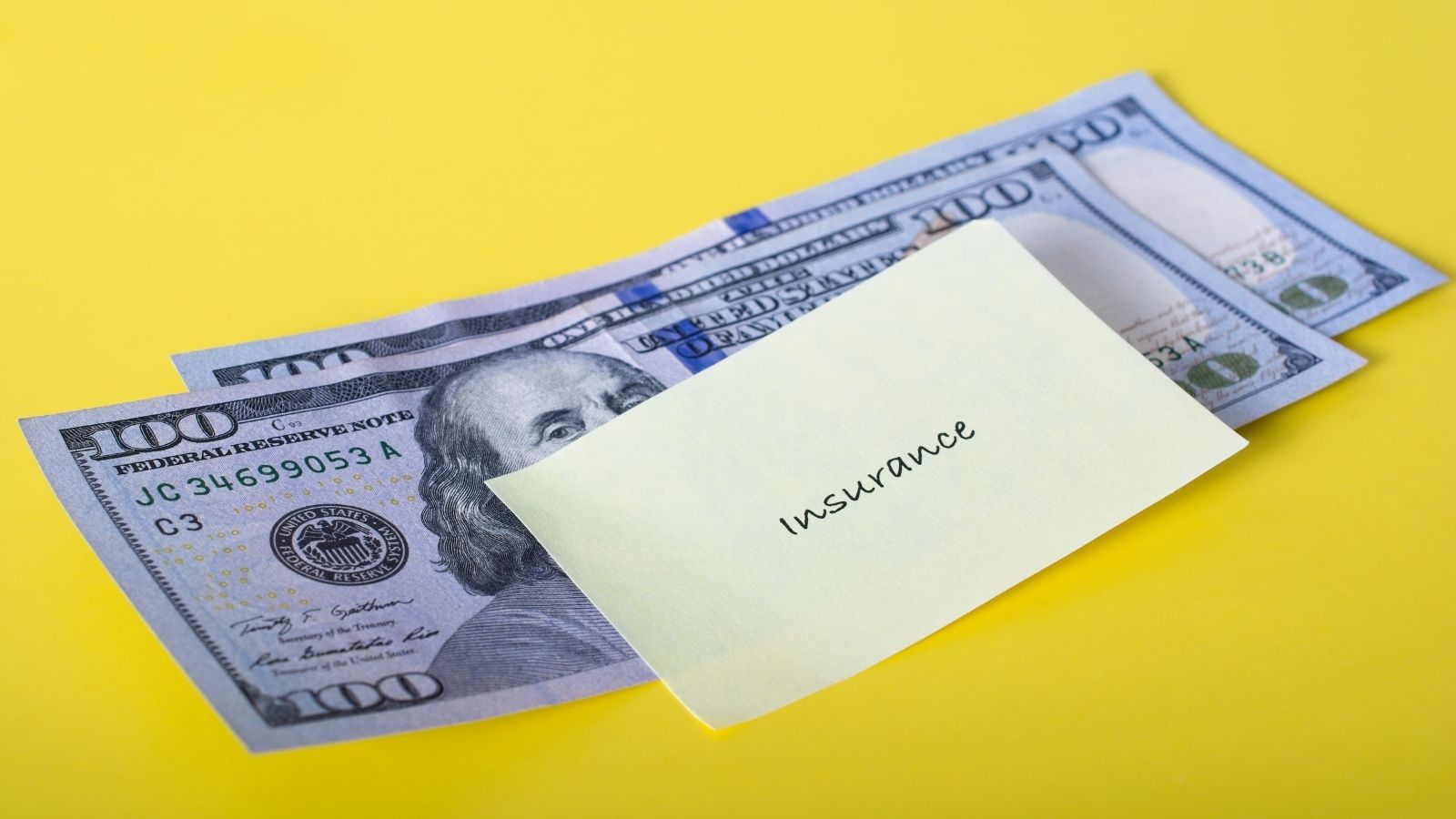Managing finances can be challenging, especially when everyday expenses start to creep up unnoticed. Here are 17 alarming signs that you might be paying too much for your daily needs and some tips on how to address them.
Credit Card Debt

If you’re only making minimum monthly payments on your credit card, it could be a sign that you’re overspending. High interest rates can cause your balance to grow quickly, making it harder to pay off.
To tackle this, create a budget, prioritize paying down your debt, and avoid unnecessary purchases. Consider transferring your balance to a card with a lower interest rate or seeking professional financial advice.
No Savings

Not having any savings at the end of the month is a clear sign that your expenses might be too high. This situation can leave you vulnerable to financial emergencies and limit your ability to invest in future goals.
Aim to set aside a portion of your income for savings, even if it’s a small amount. Also, cut unnecessary expenses and set up automatic transfers to a savings account to help build your financial cushion.
Living Paycheck to Paycheck

Struggling to make it to the next paycheck without running out of money suggests that your expenses are outpacing your income. To break this cycle, create a detailed budget to track your spending, identify areas where you can cut back, and prioritize essential expenses. Even with small contributions, building an emergency fund can also provide a financial safety net.
Impulse Purchases

Impulse purchases can quickly drain your finances, as buying items on a whim often leads to unnecessary spending. These unplanned expenses can disrupt your budget and prevent you from saving money.
To curb impulse buying, try planning your purchases and sticking to a shopping list. Additionally, give yourself a cooling-off period before making a purchase to determine if it’s truly necessary. This approach can help you manage your finances more effectively.
High Utility Bills

If your utility bills are consistently high, you might be using more energy than necessary. Consider energy-saving measures like using LED bulbs, unplugging devices when not in use, and adjusting your thermostat.
Regularly maintaining your HVAC system and insulating your home can also help. Monitoring your energy consumption and making small changes can lead to significant savings over time.
Subscription Overload

Paying for multiple subscriptions you rarely use can drain your finances. These can include streaming platforms, magazines, or software subscriptions. To manage this, review all your subscriptions and cancel those you don’t need or use infrequently.
Consolidating services or opting for family plans can also help reduce costs. Regularly assessing your subscriptions ensures you only pay for what you genuinely value, helping you save money and avoid financial strain.
Frequent Dining Out

Frequent dining out can significantly impact your budget, as restaurant meals are often more expensive than home-cooked ones. Regularly eating out can quickly add up, leaving less money for savings and other essential expenses. To manage this, try preparing meals at home and reserving dining out for special occasions.
Expensive Hobbies

Expensive hobbies can quickly drain your finances, especially if they require constant spending on equipment, memberships, or materials. While it’s important to enjoy your interests, setting a budget for these activities is also crucial.
Look for more affordable alternatives or limit the frequency of costly pursuits. Balancing your hobbies with your financial goals can help you enjoy your passions without compromising your financial stability.
Unplanned Expenses

Frequently encountering unexpected expenses you haven’t budgeted for can disrupt your financial stability. These can include medical emergencies, car repairs, or sudden travel needs.
To manage these costs, building an emergency fund that can cover at least three to six months of living expenses is essential. Regularly reviewing and adjusting your budget to accommodate potential surprises can help you stay financially prepared and avoid unnecessary stress.
Ignoring Discounts

Not taking advantage of discounts, coupons, or sales means you miss out on potential savings. Always look for deals before purchasing to maximize your savings, and consider using apps or websites that aggregate discounts. Being mindful of available discounts can help you save money more effectively.
High Rent or Mortgage

Spending a large portion of your income on housing can limit your ability to save and spend on other necessities. If housing costs are straining your budget, consider downsizing, finding a more affordable location, or negotiating your rent. Refinancing your mortgage for a lower interest rate can also help reduce monthly payments.
Luxury Items

Regularly purchasing high-end or luxury items can strain your budget, as they come with hefty price tags. While indulging occasionally is fine, frequent luxury purchases can hinder your ability to save and meet essential expenses.
To manage this, evaluate whether these items are necessary and consider more cost-effective alternatives. Setting a budget for discretionary spending can help you enjoy occasional luxuries without compromising your financial stability and long-term goals.
Loan Dependence

Relying on loans to cover everyday expenses is a red flag for financial instability. This dependence can lead to a difficult-to-break cycle of debt. To address this, focus on reducing your expenses and increasing your income.
Creating and sticking to a budget can help you manage your finances better. Additionally, consider seeking financial advice to develop a plan to pay off existing loans and avoid future debt.
Unused Memberships

Paying for gym or club memberships you don’t use is a waste of money. These recurring expenses add up over time, draining your finances without providing any benefit. To manage this, review all your memberships and cancel those you don’t use regularly. Consider exploring free or low-cost alternatives for activities you enjoy.
Expensive Commute

Spending a lot on transportation, whether it’s gas, public transit, or ride-shares, can add up. To reduce these costs, consider carpooling, biking, or using more cost-effective public transportation options. Additionally, exploring remote work opportunities or relocating closer to your workplace can help minimize commuting expenses.
Frequent Upgrades

Constantly upgrading gadgets and electronics can be costly and unnecessary. While new technology can be tempting, frequent upgrades often lead to significant expenses that strain your budget.
To manage this, evaluate whether your current devices still meet your needs before purchasing new ones. Consider waiting for significant upgrades or sales to get better deals. Limiting upgrades and focusing on essential purchases can save you money and maintain financial stability.
High Insurance Premiums

Paying more than necessary for insurance coverage can strain your budget. To manage these costs, shop around for better rates and compare different providers.
Consider adjusting your coverage to fit your current needs and exploring discounts for bundling policies or maintaining a good driving record. Regularly reviewing your insurance policies ensures you get the best value, helping you save money and maintain financial stability.
Conclusion

If any of these signs resonate with you, it might be time to reassess your budget and spending habits. By identifying and addressing these areas, you can take control of your finances and work towards a more secure financial future. Remember, small changes can lead to significant savings over time.
18 Reasons Why People Are Leaving Florida in Masses

Exploring factors that impact the desirability of living in Florida, this list delves into various challenges shaping residents’ experiences. From environmental concerns like rising sea levels to economic factors such as fluctuating job markets, these issues collectively contribute to a nuanced understanding of the state’s appeal.
18 Reasons Why People Are Leaving Florida in Masses
